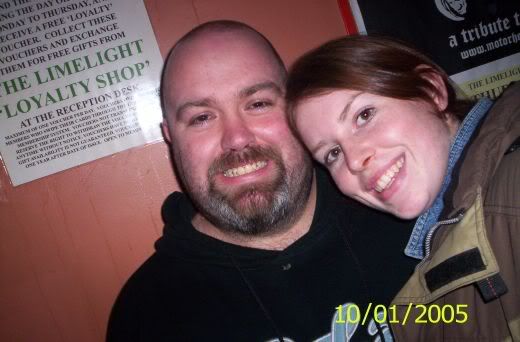Hello
I have a query about churches – I’ve just moved house (go me, have swapped student-dom for a life of cleaning and unpacking!) and my new flat is in a converted church. I was just randomly wandering if churches can be somehow ‘decommissioned’. I should add that I’m not particularly religious, but was just curious if I was living on still consecrated ground? I could make a fortune hiring my living room out for weddings! :lol:
I have a query about churches – I’ve just moved house (go me, have swapped student-dom for a life of cleaning and unpacking!) and my new flat is in a converted church. I was just randomly wandering if churches can be somehow ‘decommissioned’. I should add that I’m not particularly religious, but was just curious if I was living on still consecrated ground? I could make a fortune hiring my living room out for weddings! :lol:



